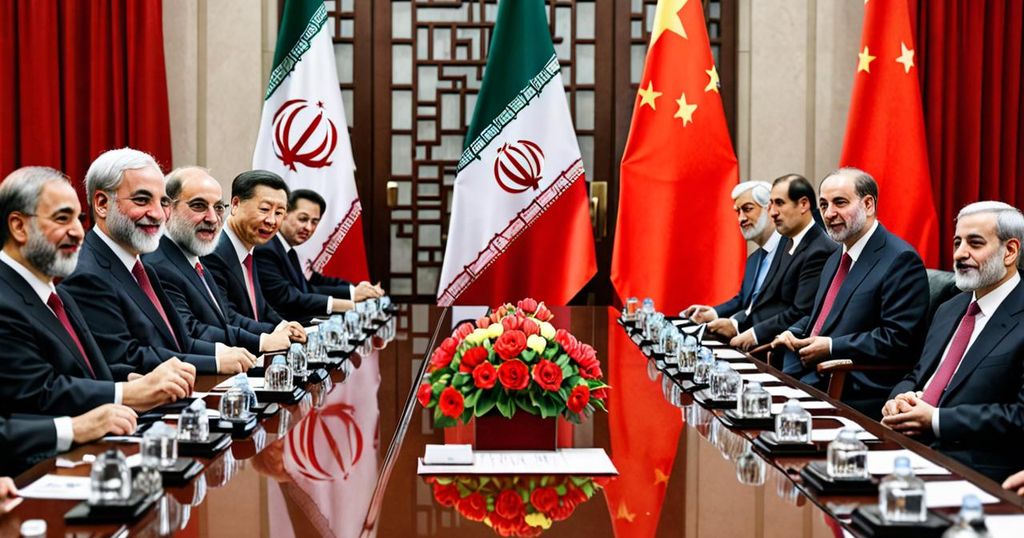The recent imposition of export controls on China by the United States is in response to concerns regarding the illicit use of US technology for military purposes by the Chinese government. These actions have heightened tensions between trade, investment, and defense industry advocates and national security proponents in Washington.
The Export Control Reform Act of 2018 and the 2018 Foreign Investment Risk Review Modernization Act have granted the US government increased authority to limit exports and scrutinize potential Chinese investments in critical sectors. The objective of these measures is to restrict China’s access to sensitive technologies that could potentially enhance its military capabilities.
In an effort to bolster US competitiveness vis-à-vis China, President Biden enacted the $280 billion CHIPS (Creating Helpful Incentives to Produce Semiconductors) and Science Act. This legislation provides subsidies for semiconductor manufacturing within the US and offers tax credits. Furthermore, the Commerce Department extended export controls on high-performance computing integrated circuits to China, resulting in the cessation of relationships between US and western suppliers and Chinese chipmakers. Additionally, the Department introduced nonproliferation controls on nuclear technology in response to China’s expansion of its nuclear arsenal, thus broadening the scope of nuclear-related export controls applicable to China.
While these restrictions are designed to curtail China’s access to advanced technology, they have also had repercussions on US technology businesses, prompting calls for the White House and Congress to ease the restrictions. Notwithstanding these pressures, the Biden administration seeks to strike a balance between those advocating for the restriction of Chinese access to US technology and those seeking to engage China in business and environmental cooperation. This has led to a potentially confusing message to Beijing and could impede progress in prospective US-China negotiations.
The diverging interests between national security apprehensions and business engagement underscore the necessity for a nuanced equilibrium in US-China relations. As the Biden administration navigates this intricate issue, the impact of these export controls on the future of US-China trade and cooperation remains to be seen.








